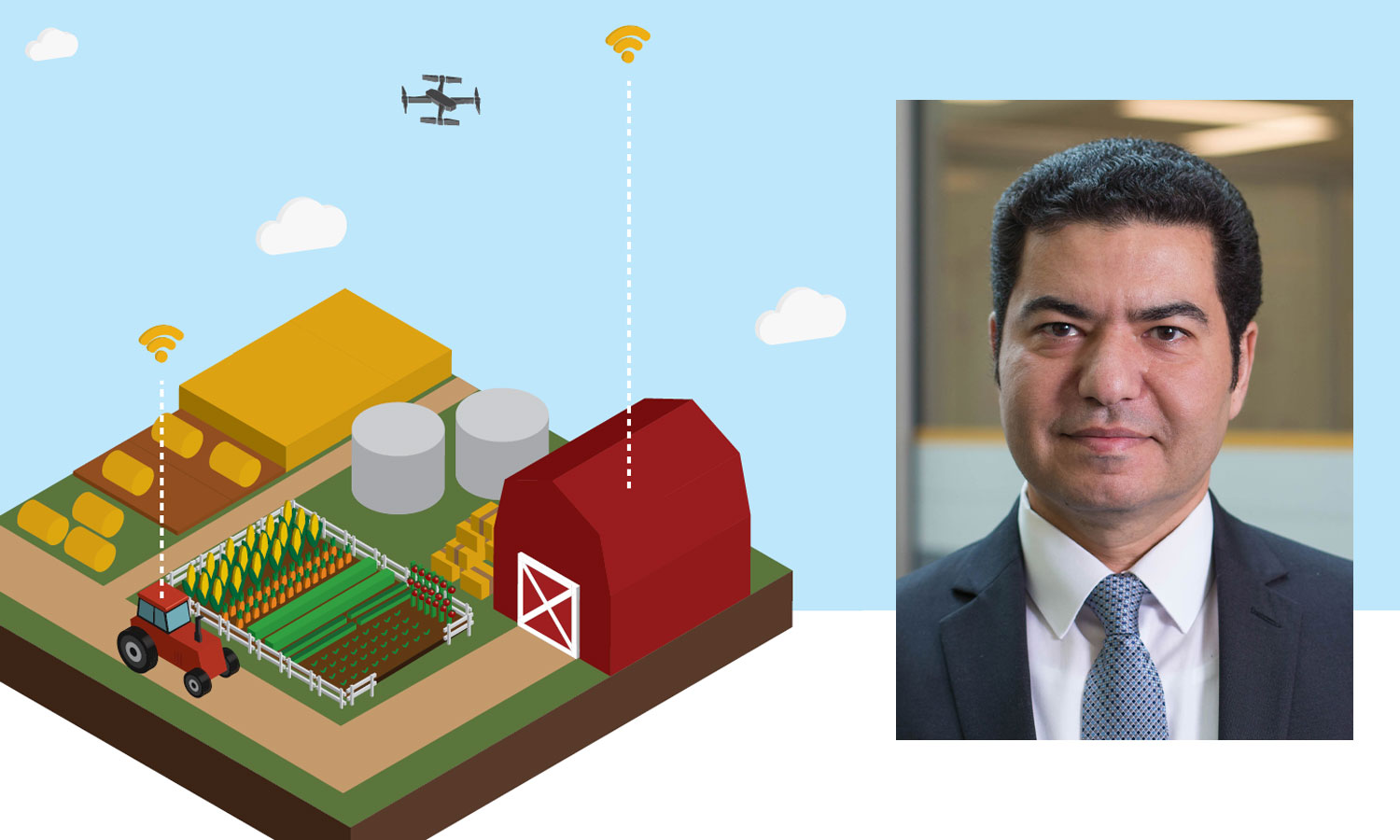A team of VCU researchers has received a one-year pilot grant from the National Science Foundation (NSF) to improve access to high-quality food throughout the Richmond region. The project, led by Sherif Abdelwahed, Ph.D., professor of electrical and computer engineering, will use sensor technologies, data analytics and community engagement to identify food deserts where fresh, nutritious food is in short supply. This project aims to help elected leaders and nonprofits allocate resources effectively by designing systems to monitor localities’ access to quality food.
The concept for this project grew from a sustainable food access initiative funded through the VCU iCubed program, which invests in academic and research programs that apply transdisciplinary approaches to solve persistent problems in urban communities.
The team includes researchers from VCU’s College of Engineering, College of Humanities and Sciences, School of Integrated Life Sciences, and L. Douglas Wilder School of Government and Public Affairs. They are Nasibeh Zohrabi, Ph.D., research assistant professor of electrical and computer engineering; Fabrizio Fasulo, Ph.D., director of the Center for Urban and Regional Analysis (CURA); Sarin Adhikari, Ph.D., a research economist with CURA; and Brian C. Verrelli, Ph.D., associate professor in the Center for the Study of Biological Complexity.
This project enhances collaborations with the City of Richmond and the counties of Chesterfield, Hanover and Henrico, as well as area food banks and farms, by convening community stakeholders for a series of workshops throughout the year. The first of these meetings will take place virtually on Friday, Oct. 30. This meeting will generate recommendations for creating sustainable access to high-quality foods.
After meeting again this winter to refine the plan, researchers and stakeholders will present their complete food access sustainability proposal and recommendations to the public at a final workshop this spring.
